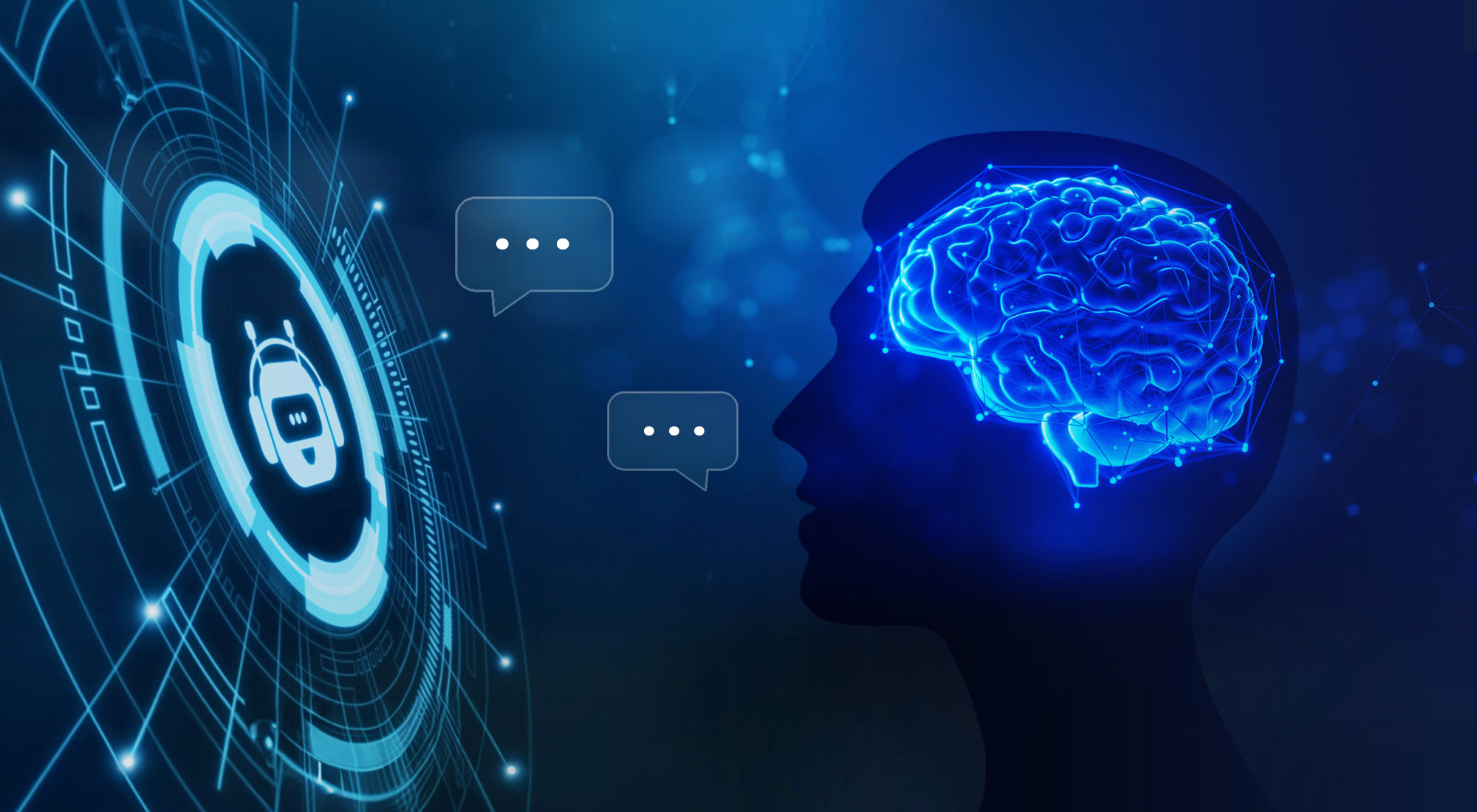AI researchers appear to occupy an enviable position, sought after by tech giants and commanding substantial salaries in the industry’s forefront. However, this prestige comes with considerable pressure. The rapid evolution of AI, fierce competition, and high stakes significantly impact researchers’ mental health. Interviews with industry professionals reveal that the frenetic pace of AI development has fostered an isolating and high-stress atmosphere. As one researcher noted, their work has immediate, far-reaching consequences, further amplifying the pressure.
The culture of overwork in Silicon Valley has reached new extremes with the AI boom. At companies like OpenAI and Google DeepMind, researchers often work grueling hours, with six-day workweeks and extended shifts becoming the norm. High expectations to transform breakthroughs into market-ready products drive this relentless hustle, often at the expense of employee well-being.
Burnout is widespread, with some citing it as a reason for leaving key positions. The intense focus on profit amplifies this pressure, as errors in AI systems can result in massive financial losses, such as the $90 billion hit to Google’s market value over a chatbot bug.
Competition and Its Toll on Innovation
AI research has become a public contest, with companies racing to outdo each other on leaderboards like Chatbot Arena. While this competitive spirit accelerates innovation, it also creates anxiety among researchers about their work’s relevance. The rapid obsolescence of AI models leaves many questioning the value of their contributions.
Additionally, the push for commercialization has shifted focus away from academic collaboration. Researchers lament the diminishing openness in the industry, where knowledge sharing has been replaced by closed-source projects aimed at dominating the market.

For many AI researchers, the intense demands begin in graduate school. The field’s rapid advancements and a “publish or perish” mentality make it challenging for students to keep pace. Ph.D. candidates often feel isolated and overwhelmed, with some foregoing vacations and experiencing impostor syndrome.
The pressure to produce numerous high-quality publications exacerbates the stress, particularly as AI companies increasingly prioritize candidates with narrowly specialized expertise. These challenges contribute to a difficult and often lonely academic journey.
Toward a Sustainable Work Environment
Addressing the stress in AI research requires a cultural shift in the industry. Experts suggest promoting transparency around struggles, fostering supportive networks, and encouraging work-life balance. Policies like reasonable work hours, mental health days, and counseling services can help mitigate the pressure.
Structural changes, such as fewer conferences and submission pauses, might also provide researchers with much-needed respite. By valuing mental health as much as innovation, the industry can create a healthier environment for its talent.
Reassessing the values driving AI research could alleviate its punishing pace. Professionals stress the importance of educating researchers to see AI work as just one aspect of life. Emphasizing relationships, personal well-being, and broader life goals can help recalibrate priorities.
Such a shift would not only improve individual mental health but also encourage sustainable innovation. As the AI field continues to grow, fostering a culture that balances ambition with humanity will be crucial for its long-term success.




